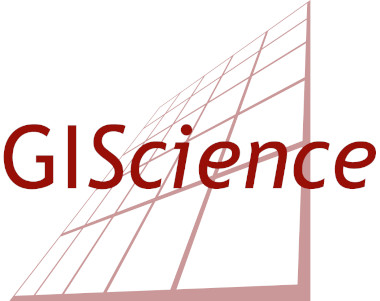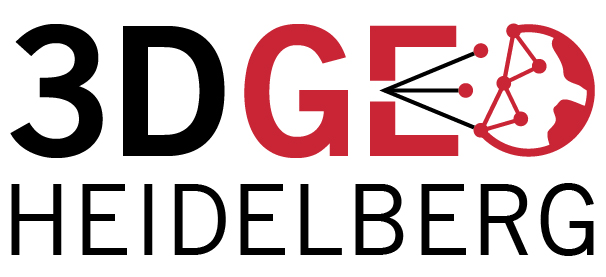We cordially invite everybody to an open presentation on our colloquium series
tomorrow (Tuesday, 14.07.2015) at 10am by Dr. Matthew W. Wilson to the
Department of Geography, Heidelberg University Lecture Hall EG, Berliner Straße 48, 69198 Heidelberg.
The title of the talk is Quantified Self-City-Nation.
New devices and techniques have emerged to better quantify an individual’s movement, stasis, and even sleep, while a ‘smart city’ discourse and marketing apparatus applies these principles to analysis, representation, and management of the city. Indeed, as cities are increasingly rethought as organisms and human bodies are quantified as systems, the interactive opportunities and limitations for engagement, representation, and resistance are evermore significant.
In this presentation, Dr. Wilson draws parallels between the rising consumer-electronic sector associated with personal activity monitors and the rapid visioning of smart urbanism.
More specifically, Dr. Wilson interrogates these developments in quantification, namely: interoperability and propriety, competition and habit, fashion and surveillance.
What are the social-cultural and political implications for this refiguring of spatial thought and action? What capacities are reinforced and developed through the implementation of these technologies and techniques? Dr. Wilson addresses these concerns, through discussion of a continuum of technologies that serve to open and close multi-scalar systems of attention control.

Dr. Wilson is visiting the GIScience Research Group at the Department of Geography
, Heidelberg University for the whole week.
Matthew W. Wilson, PhD, is Associate Professor of Geography at the University of Kentucky and Visiting Scholar at the Center for Geographic Analysis at Harvard University. He co-founded and co-directs the New Mappings Collaboratory which studies and facilitates new engagements with geographic representation. His research in critical GIS draws upon STS and urban political geography to understand the development and proliferation of location-based technologies, with particular attention to the consumer electronic sector. He has previously taught at the Harvard Graduate School of Design, and his current research project focuses on the founding of the Laboratory for Computer Graphics at Harvard in 1965, a catalyzing moment in the advent of the digital map. His work has been published in leading journals and collections including, Society & Space, Landscape & Urban Planning, Qualitative GIS (Sage), Geoforum, The Professional Geographer, the Annals of the Association of American Geographers, Cartographica, Social & Cultural Geography, Gender, Place & Culture, and Environment & Planning A.


